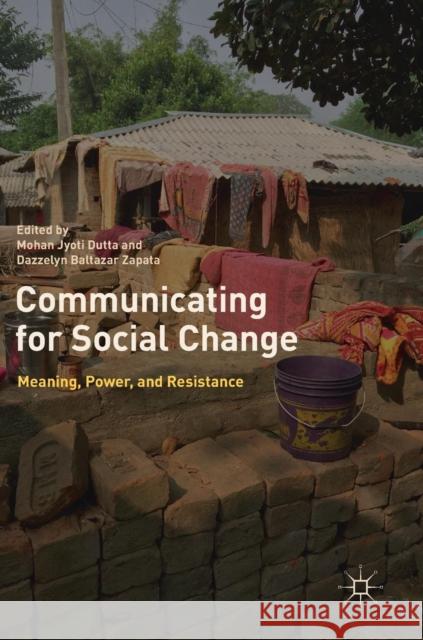Communicating for Social Change: Meaning, Power, and Resistance » książka



Communicating for Social Change: Meaning, Power, and Resistance
ISBN-13: 9789811320040 / Angielski / Twarda / 2018 / 413 str.
Communicating for Social Change: Meaning, Power, and Resistance
ISBN-13: 9789811320040 / Angielski / Twarda / 2018 / 413 str.
(netto: 498,38 VAT: 5%)
Najniższa cena z 30 dni: 501,19
ok. 16-18 dni roboczych.
Darmowa dostawa!
The book covers the trajectories and trends in social change communication, engaging the key theoretical debates on communication and social change.
The book covers the trajectories and trends in social change communication, engaging the key theoretical debates on communication and social change. Attending to the concepts of communication and social change that emerge from and across the global margins, the book works toward offering theoretical and methodological lessons that de-center the dominant constructions of communication and social change. The chapters in the book delve into the interplays of academic-activist-community negotiations in communication for social change, and the ways in which these negotiations offer entry points into transformative communication processes of social change. Moreover, a number of chapters in the book attend to the ways in which Asian articulations of social change are situated at the intersections of culture, structure, and agency. Chapters in the book are extended versions of research presented at the conference on Communicating Social Change: Intersections of Theory and Praxis held at the National University of Singapore in 2016, organized under the umbrella of the Center for Culture-Centered Approach to Research and Evaluation (CARE).
1997-2026 DolnySlask.com Agencja Internetowa
KrainaKsiazek.PL - Księgarnia Internetowa









